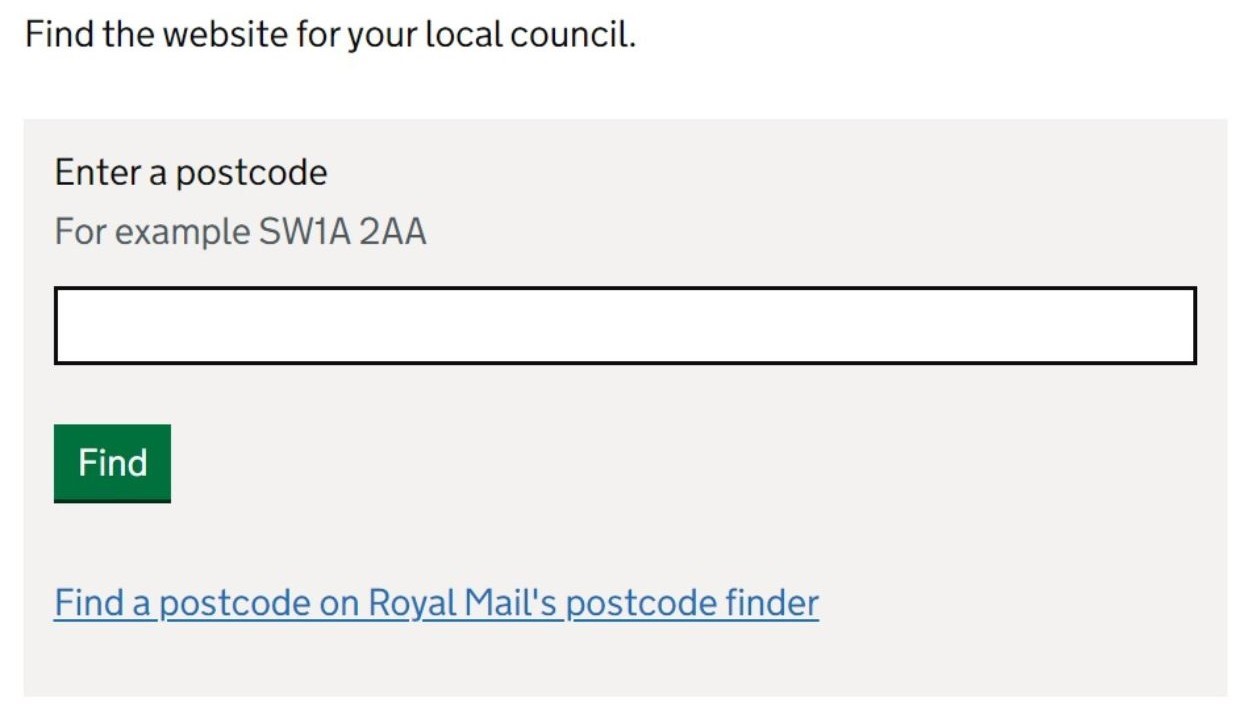MONDAY, 10 OCTOBER 2022
Deposit Dispute? Illegal Eviction? Our Guide To Dealing With Difficult Landlords
As prime central London rental prices rise, driven by a shortage of housing stock, buy-to-let properties in the capital are an increasingly attractive proposition for would-be landlords.
Most landlords are savvy investors who understand and respect the needs of their tenants. However, there are a few individuals who sidestep good business practices in favour of making an easy profit.
Typically, a nightmare landlord will disregard important safety checks, ignore tenants’ requests for repairs and even threaten eviction when the going gets rough. You may feel intimidated by your landlord’s attitude, but don’t give up.
Here we include some advice for tenants dealing with the worst landlords, including how to report a landlord for harassment.

When Do You Need Help?
Here are some of the issues you could face when dealing with a dodgy landlord:
– Failure to carry out repairs for which they are responsible.
– Not implementing important safety checks, such as annual gas and electricity inspections.
– Harassing you (for example, by entering the rented property without your permission).
– Discriminating against you by charging higher rent or deposit because of your ethnicity, nationality, age or gender.
– Trying to force you out of the property unlawfully.
– Not protecting your deposit in a Deposit Protection Scheme.
– Unreasonably asking to deduct money from your deposit at the end of your tenancy, triggering a tenancy deposit dispute.

What are my Landlord’s Responsibilities?
Your landlord has a duty of care towards you, your family and any visitors. The most basic expression of that care is providing you with a safe and healthy place to live. If you don’t believe the property is fit for human habitation and your landlord doesn’t respond to your concerns, your local London council can help. For problems involving damp or mould, pest infestations or other health-related issues, the council can call in their environmental health team.
What Can my Landlord Deduct from the Rental Deposit?
Here are the most common reasons why landlords deduct money held by a tenancy deposit scheme in the UK:
– There is unpaid rent at the end of the tenancy
– You have outstanding bills linked to the property – for example, if the landlord has to put their own money into a prepayment meter
– Items belonging to the landlord are missing
– There is direct damage to the property and any contents owned by the landlord
– You have neglected to care for, or maintain, parts of the home and this has caused indirect damage
– You have left the property in an unclean, unhygienic state at the end of tenancy
– You have failed to maintain certain facilities – for example, a garden area (this could be subject to the agreement in your contract)
– You have left unwanted belongings at the property after the keys have been returned (without arranging to pick them up)
One grey area is the question of what constitutes ‘fair wear and tear’ when it comes to a deposit dispute. The UK housing charity Shelter defines it as “unavoidable change in a property over time caused by normal everyday living.”
Fair wear and tear could include things such as small scuffs to paintwork, faded drapes or furnishings, worn flooring or frayed carpets.
When you raise a dispute on the basis of ‘fair wear and tear’, the dispute resolution service will collect information from both sides (i.e. you and the landlord) before reaching a decision.
It’s therefore important to arm yourself with as much information as you can before you move out.
Just before you leave, take photos that clearly show the condition of the property, including any furniture or equipment provided as part of the rental.
What if my Landlord is Trying to Evict me Illegally?
n law, your landlord can’t evict you for simply making a complaint, although some nightmare landlords may try to do so (this is known as ‘revenge eviction’). An eviction is illegal when your landlord or their representative tries to make you leave your rental accommodation by means of threat or intimidation (for instance, by cutting off the electricity or water supply or changing the locks).
Your local London council will act if you fear you will be illegally evicted. Their officers can talk to your landlord and could even prosecute if the landlord has broken the law. However, it’s important to make contact with the appropriate local authority housing or environmental health team as soon as possible (don’t forget to make a note of your assigned officer’s number in case of emergency).
Steps to take in the Case of a Complaint or a Dispute
Talk to your landlord: landlord and tenant disputes are never easy, but the best approach is to calmly talk through the issues with your landlord. Before you enter into any discussions, read up on your rights and make sure you have any evidence required to hand. If your landlord refuses to discuss the matter or won’t admit there is a problem, you could seek further advice.
Bodies such as the Citizens’ Advice Bureau or the London Renters’ Union can offer help for tenants with difficult landlords. The housing charity Shelter is also a good source of information for renters. However, don’t be tempted to withhold rent payments during a dispute, as this could provide your landlord with legal grounds for eviction.
Make a formal complaint: If the landlord doesn’t respond after you have discussed the problem, you could make a formal complaint. Put everything in writing, an email or a letter.
You have a legal right to know your landlord’s contact details, so if you can’t find them on your tenancy agreement or in your rent book, you should ask the landlord or their representative for that information. Be sure to keep copies of all correspondence.
Escalate your complaint: if you do not receive a response within a reasonable timeframe, you can escalate the complaint by informing your local authority. In London, you can follow the steps provided by the London Assembly, using a simple online form to describe your situation. As a final resort, you can also take court action by making a claim against your landlord.

Feeling Confident as a Tenant
Tenants should feel confident that they will be listened to and treated fairly. The proposed Renters’ Reform Bill promises to revolutionise renting by banning ‘no fault’ evictions, abolishing fixed-term tenancies and creating a landlords’ register.
The government is also preparing to “name and shame” nightmare landlords on its social media platforms. It will do this by publishing findings by the Housing Ombudsman Service that exposes bad practice. In some cases, the Secretary of State’s office will intervene directly to follow landlords’ progress, to ensure they are following the official recommendations made after their cases were investigated.
Meanwhile, renters looking for London properties can get some reassurance when they sign up with experienced letting agents or landlords who have established a positive reputation within the capital’s lettings market.
If you are searching for estate agents in central London who can help, why not get in touch with us?
